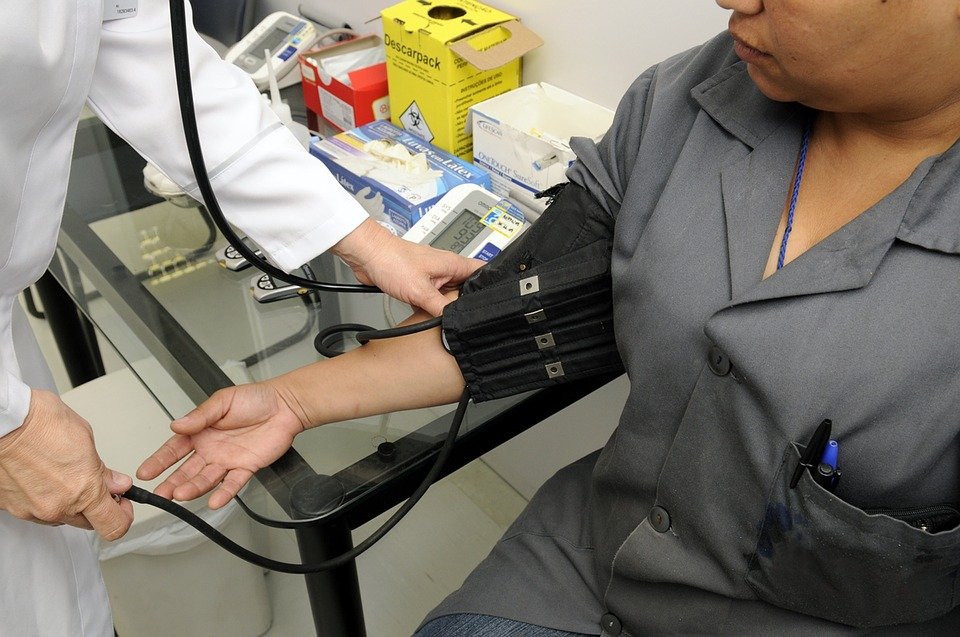
What next for care worker skilled visas UK – are care workers to stay on shortage occupation list?
Our previous article on Health and Care visa was published in early January 2023. We also have more detailed information about the Health and Care visa and shortage occupation list on our website. However, as UK immigration is dynamic, it is time to look into the recent updates in the health and care sector with focus on Health and Care visas for care workers.
According to the Guardian article published on 30th July, in the year to March 2023, there were almost 58,000 visas issued to care workers and a further 40,000 to nurses and other healthcare staff. Work visas for all other occupations across the economy over the same period totalled 69,000. As you may see, the proportion of skilled worker visas issued to care workers is high comparing to the ones issued for other workers. This is a statement in itself indicating how important the overseas care workers are for the UK care sector.

Recent report on Health Care published by The Migration Observatory on 27th June 2023
Some key facts and analysis about care workers migration to the UK according to the Migration Observatory report from late June 2023 are listed below:
- There is dire staff shortage in the UK care sector in 2023. The House of Commons Health and Social Care Committee (HSCC) report 2022-2023 has described it as a “workforce crisis”.
- UK immigration policies have not been a barrier to overseas recruitment of care workers. Reliance by NHS and private care providers on overseas workers to fill their vacancies has increased significantly. In the year ending March 2023, just under 26,000 nurses and approximately 57,700 care or senior care workers received entry visas.
- Majority of care workers come from outside the EU. In 2022, 99% of care workers sponsored for work visas in the UK were from non-EU countries, with only 1% coming from EU countries, according to data obtained through a Freedom of Information request (75614). The top countries of citizenship for workers using Certificates of Sponsorship (CoS) in 2022 were India (33%), Zimbabwe (16%), Nigeria (15%) and the Philippines (11%). Some of the top countries of origin for overseas health and care workers are ‘red-listed’ countries where NHS employers are expected not to carry out active recruitment activities. However, this does not stop individual applicants from applying proactively for jobs advertised on the NHS Jobs website.
- The number of care workers sponsored on skilled work visas in 2022 appears to have greatly exceeded the number who would have come annually under free movement prior to Brexit. Skills for Care report 2022 estimates that there were only 103,000 EU national workers in the care sector in England in 2021-22.
- Care workers at high risk of exploitation. According to the Guardian article published in late July 2023, overseas nationals are charged fees of more than £10,000 for finding them a job and accommodation in the UK, only to find themselves placed in substandard housing, with some even force to share beds. There are many other concerning news articles describing various exploitation of care worker migrants by so called ‘agencies’ whom they pay for getting a UK care work sponsorship.
- The UK’s ability to lower the current high levels of international recruitment and increase employment from within the UK will depend on a combination of factors, including demand, retention of existing health professionals and whether increases in training capacity domestically are sustained.
What are the recent or upcoming changes to Health and Care visa for care workers in 2023
Health and Care visas issued to care workers from overseas make a major part of the skilled worker visas issued by the UK. There are many overseas care workers who wish to come to work in the UK. Both the care sector employers and the foreign migrants are interested to know whether care workers are to stay on the UK shortage occupation list and whether there are any other changes to the visa rules for care workers.
- The most important update about the care worker visas can be found in the article published on 3rd July 2023 in the Independent ‘No plans to remove care workers from shortage occupation list, Downing Street says’. This title says it all, care workers are to stay on the shortage occupation list. It may actually be for sometime unless the care sector can find another solution for the dire staff shortages in adult care sector. Asked whether care workers could be removed from the shortage occupation list, the Downing Street official replied: “That’s not an approach we’re considering currently. Again, we know there is significant demand in the care sector for staff.”
- According to the UK government published press release in mid July 2023, UK work visa fees are due to increase by 20%. The increase will also affect the health and care visa. The good thing about this visa is no NHS Surcharge fee.
- At present, you can do additional paid work on a Health and Care Worker visa as long as you’re still doing the job you’re being sponsored for. You can also do unpaid voluntary work. If your extra job is also eligible for a Health and Care Worker visa, you can work as many hours as you like without updating your visa. From 27 August 2023, you’ll only be able to do up to 20 hours of additional paid work without updating your visa. The job will need to be either in the same occupation code and at the same level as your main job OR in a shortage occupation list.
Summary and conclusions
UK care sector is facing many challenges with staff shortages being the major problem. This has been alleviated by the inclusion of care workers on the shortage occupation list in early 2022. Unless there is another solution for the problem, such as more local workers willing to work in those jobs which would probably require higher pay and better work conditions in general, care workers will stay on the shortage list.
However, although recruitment from overseas is helpful for the UK care sector, it also brings problems such as poor work conditions offered to foreign care staff and profiteering by unscrupulous so called ‘agents’ whom migrants from non-EU countries pay thousands of pounds to get care job offer for the work visa.

